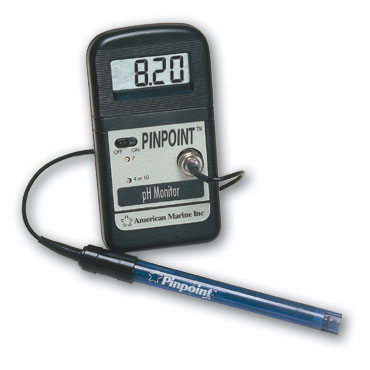- Joined
- Jun 2, 2015
- Messages
- 672
- Reaction score
- 217
Follow along with the video below to see how to install our site as a web app on your home screen.
Note: This feature may not be available in some browsers.


Normally I’d ask if you were sure. But given that you literally wrote the book here, I’ll take it as a fact. Ha ha.

